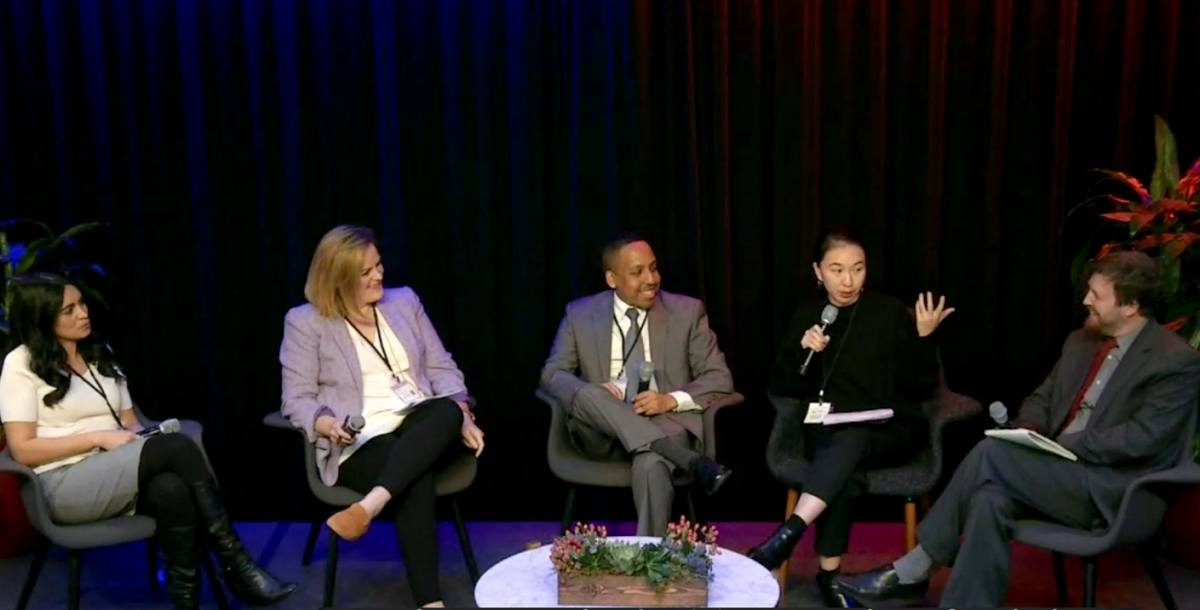FCC ‘Coloring Outside the Lines’ on Broadband Mapping, Say Critics at Next Century Cities Event
WASHINGTON, January 24, 2020 – The broadband data collection activities of the Federal Communication Commission are inaccurate by an “order of magnitude,” agency critics said at a Next Century City panel discussion Thursday on “Creating Accurate and Reliable Broadband Deployment Data.” The panel kic

WASHINGTON, January 24, 2020 – The broadband data collection activities of the Federal Communication Commission are inaccurate by an “order of magnitude,” agency critics said at a Next Century City panel discussion Thursday on “Creating Accurate and Reliable Broadband Deployment Data.”
The panel kicked off with X-Lab Director Sascha Meinrath speaking in grand terms about why broadband matters. He related broadband access in the 21st century to “maximizing wellness” and lowering the death rate in areas as diverse as domestic violence and the opioid epidemic.
Joined by others on the panel, Meinrath lit a broadside into the FCC’s Form 477 data collection efforts as a collection of “hyperbolic statements.” He said FCC efforts were off by an “order of magnitude.”
The FCC has “colored outside the lines” by including regions that theoretically could support broadband but in really are isolated.
These regions are then seen in the eyes of the government as “covered” and therefore ineligible to receive much-needed support. Meinrath also warned that there are thousands of similar overstatements “lurking in the data.”
Meinrath compared the FCC’s faulty collection of data to the crowdsourced collection of information begun by Measurement Lab, which was founded in 2008 when Meinrath was at New America, but is now a free-standing project no longer formally affiliated with the think tank.
The Measurement Lab data is freely available to the public and researchers. Microsoft has made use of the data, as well as its own broadband data, to demonstrate weaknesses with the FCC’s mapping collection process.
Only four states satisfy the minimum criteria for broadband connectivity per the FCC’s own definition, said Meinrath.
La Yi Ohlsen, project director of Measurement Lab, also spoke about the need to collect data at the city level. Also known as M-Lab, the project provides communities with surveys to send to their members so that data at the ground level can be collected and then compared to national data sets.
A good example of this approach was illustrated by fellow panelist and San Antonio Smart City Director Candelaria Mendoza.
Her office runs economic impact surveys in the 10 districts of her city to better understand the relationship between lack of access and poverty. She also listed three main data points she wishes to collect from households: Access to broadband, access to devices, and digital literacy skills.
The panel capped off with the solution-based question “how do we improve data collection moving forward?” Mendoza offered her desire to move from being reactive about data to proactive.
Meinrath closed the panel similarly to how he opened, painting the picture of disconnection as an “existential threat” to the poor.








